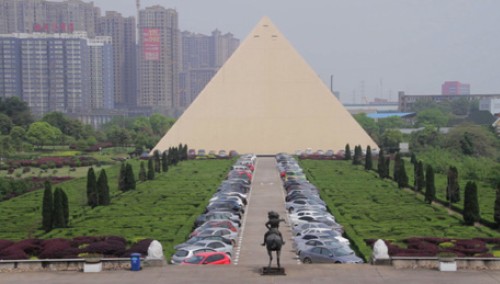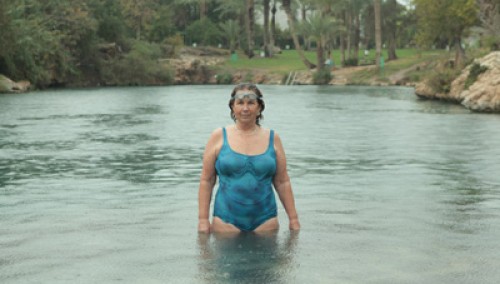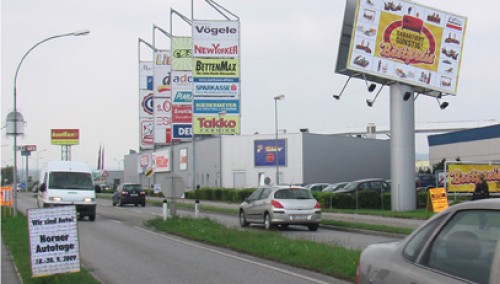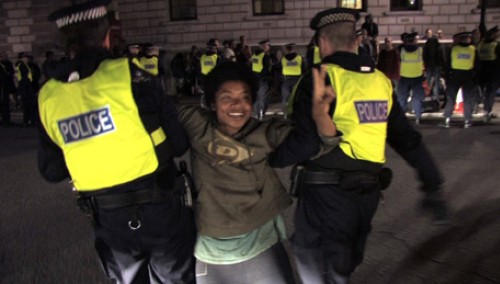Architecture and Society 2014
Mankind’s efforts to actively shape its living space can be traced back to the Neolithic Age. Research in the sociology of architecture has shown that early societies already creatively made use of all possibilities for shaping and appropriating space. From the beginning, architecture as the material, built environment proved to be a manifest “mirror of society”, yet the professionalization of the job of the architect over the course of history has ultimately led to a greater complexity in the relationships between space and society. A similarly consequential development was set in motion by Modernism’s claim to dissociate itself from traditional modes of construction and actively shape social relations – for example in residential construction. In times of globalized capitalism, models of architecture and urbanization follow solely a “logic of commerce”. Building envelopes are de-materialized and become carriers of capitalist propaganda; divisions of space, paths and traffic concepts serve maximum customer frequency and an increase in turnover – “Form follows capitalism”. These symptoms of privatized and commercialized urban planning in conjunction with rigorous policies of social exclusion consequently produce a global identity hardly to be surpassed in blandness.
This development is increasingly countered by informal urban strategies that pursue new perspectives for an open and heterogeneous society. They form a completely new foundation for the production of city and thus also for the way in which urban reality can be co-determined through planning processes.
With this background, this year’s program section “Architecture and Society”, a cooperation with the AFO Architecture Forum Upper Austria, brings together four documentary films and a short film under the title SHAPING THE WORLD which tell of the most diverse “planned worlds”. For instance, Glob al Shopping Village by Austrian documentary filmmaker Ulli Gladik provides insights into the planning strategies of E uropean shopping center developers, illuminating the developments and serious consequences of a production of space driven by profit. In Grasp the Nettle British filmmaker Dean Puckett portrays a group of activists seeking to realize their vision of a city outside the realm of economic interests in a derelict area in the west of London, who found a kind of utopia with self-built huts, tents and vegetable gardens. Ecopolis China by Anna-Karin Grönroos also deals with ecological urban visions. The film tells of the endeavors of a Finnish engineer and a Chinese multimillionaire to implement their dream of a self-sustaining city free of exhaust fumes. Larissa Sansour’s short science fiction film Nation Estate, on the other hand, deals with the utopia of an entire country, whereas Ran Tal’s documentary film The Garden of Eden centers around an artificial landscape. He vividly portrays the largest and most popular amusement park in Israel, thereby taking stock of the current state of Israeli society.





